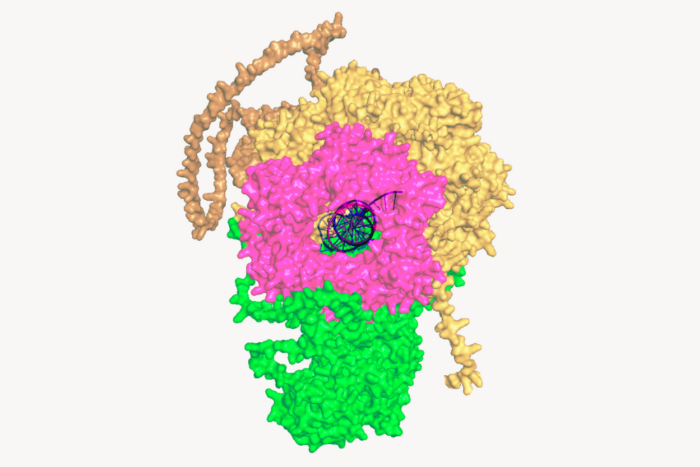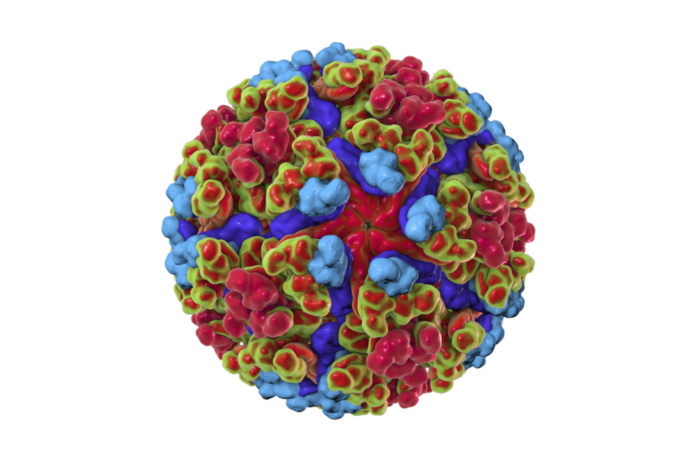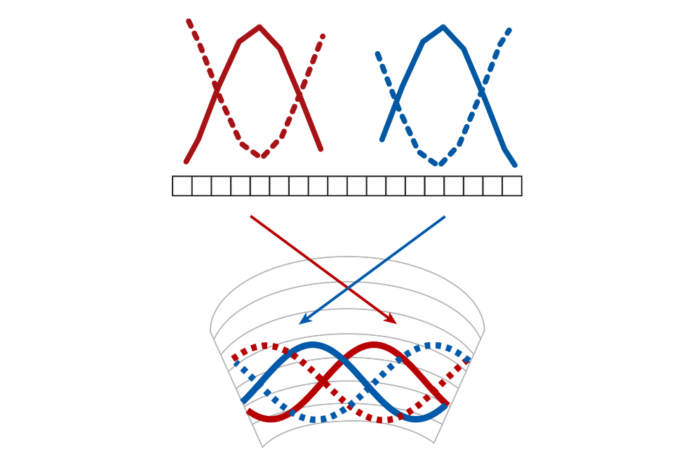Artist Isabella Kirkland donates prints to Rockefeller
by AMELIA KAHANEY
The earth has lost approximately 1,000 species to extinction in the past 500 years, and scientists predict that number will multiply rapidly during this century. At the same time, thousands of species new to science are discovered each year and several million may remain to be discovered. In response to the alarming die-offs past, present, and future, and to celebrate the new and unknown, artist and researcher Isabella Kirkland has created Taxa, a suite of six paintings that explore the science of biodiversity.

Isabella Kirkland’s “Back” (left) depicts plants and animals that have gone to the brink of extinction and have been carefully husbanded back, while “Descendant” (right) depicts plants and animals in decline in the mainland United States, Hawaii, or Central America. The prints are part of the Taxa series, which can been seen on the Greenberg Building’s B-Level.
Ms. Kirkland is a research associate in the department of aquatic biology at the California Academy of Sciences as well as an accomplished artist, and her work lives at the intersection of science and artistic technique: Every plant and animal in the Taxa series has been measured, photographed, drawn, and observed firsthand, either live or from preserved materials, ensuring accuracy of scale.
Painted between 1999 and 2004, in hauntingly life-sized arrangements, the Taxa series depicts nearly 400 species of flora and fauna that are extinct, threatened by climate change or trade, ushered back from the brink of disappearance, or invasive. In 2008, Ms. Kirkland created a limited edition set of prints of the paintings, one of which now has a permanent home on the southeast walls of the CRC’s B-Level, a gift from the artist herself.
Ms. Kirkland was introduced to Rockefeller by Jesse Ausubel, director of the university’s Program for the Human Environment, after they met through the Census of Marine Life research program. They also work together in the Long Now Foundation, which seeks to revive and restore endangered and extinct species through modern genetics.
“I am happy to be able to repay the generosity of so many scientists who have allowed me access to the collections, contacts, support, and information on which I have built my work,” says Ms. Kirkland.


